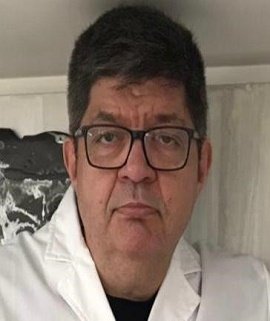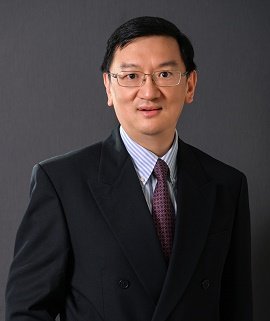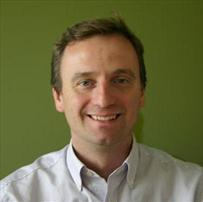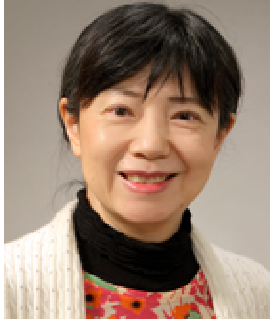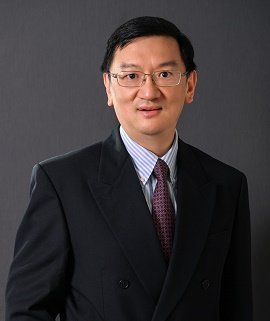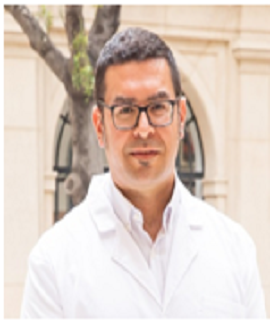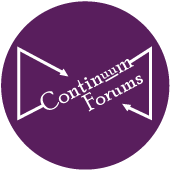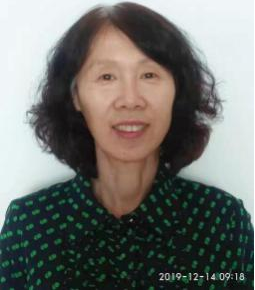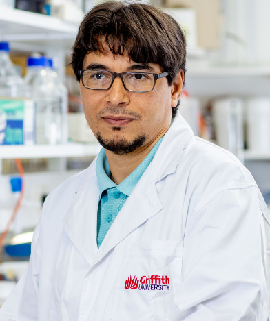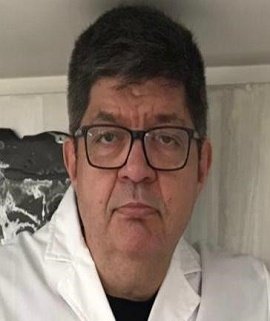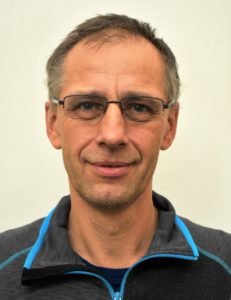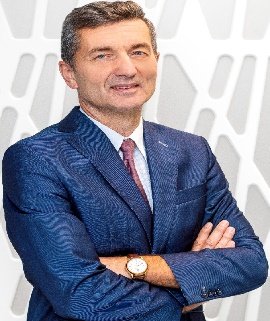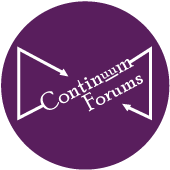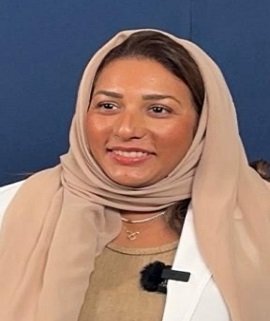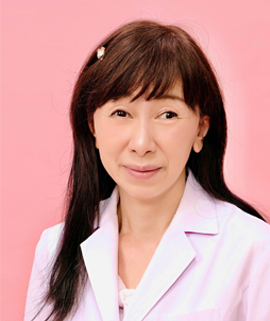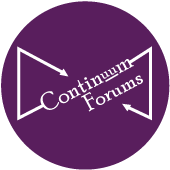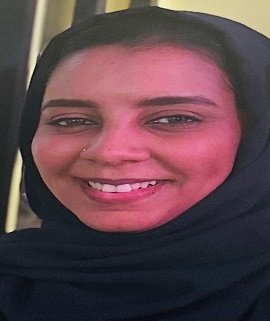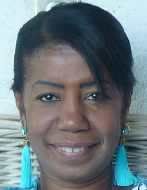About The Conference
Dear Colleagues,
The 2nd International Forum
on Immunology and Microbiology (IMMUNOFORUM2024), which will be held in Madrid,
Spain from August 12-14, 2024, is pleased to welcome all researchers in the
field.
The aim of IMMUNOFORUM2024
is to be a premier international forum for highlighting novel developments,
sharing new ideas, research results, and development experiences, and providing
networking opportunities with peers to help establish connections for
early-career scientists to meet a diverse mix of researchers, decision-makers
to strengthen existing connections and forge new ones.
Also, the main agenda of
this conference is to bring together world-leading academics, practitioners,
industry leaders, policymakers, and business professionals from the fields of
Immunology and Microbiology to develop practical solutions for current
challenges in these fields. The conference series has featured plenary talks,
keynote talks, special sessions, poster presentations, workshops, and
contributed papers each year.
We do hope you can make
time in your busy schedule for the meeting and share your ideas on a topic of
your choice and be a part of this successful conference.
We are looking forward
to seeing you in Madrid, Spain.
Important Dates
Abstract Submission Deadline
July 28, 2024
Earlybird Registration
August 5, 2024
Standard Registration
July 18, 2024
On-spot Registration
August 12, 2024
Plenary Speakers
Keynote Speakers
Sessions
- Microbial, Parasitic and Fungal Immunology
- Infection, Immunity and Inflammation
- Antiviral, Antibacterial and Antimicrobial Agents
- Types of Infectious Diseases and Pathogenicity of Microbes
- Immunogenetics
- Diseases, Diagnosis and Treatment of Microbial Infections
- Microbial Genomics and Molecular Microbiology
- Public Health Microbiology and Emerging Infectious Diseases
- Transplantation Immunology and Immunotherapy
- Agricultural Microbiology
- Human Immunology and Immune Mechanisms Of Human Disease
- Immunological Disorders
- Animal Modelling and Veterinary Microbiology
- Advances in Antibacterials, Vaccines and Therapeutics
- Management of Diagnostic Microbiology Laboratory
- Epidemiology of Infectious Diseases
- Pharmaceutical Microbiology
- Diagnostic Microbiology and its Application
- Central Nervous System & Gastrointestinal Infection
- Technological Innovations In Immunology
- Tumor Immunology, Immuno-oncology
- Pediatric Allergy Immunology and Pulmonology
- Vaccines and Applied Immunology
- Autoimmune diseases and Therapeutic Approaches to Autoimmunity
- Hypersensitivity, Asthma, And Allergic Responses
- Hematopoiesis And Immune System Development
- Immunotoxicology
- Immunoinformatics
- Immunological Techniques
- Immunotherapy
Tentative Schedule
Day 1
| Time | Session |
|---|---|
| 08:30 - 09:00 | Registrations |
| 09:00 - 09:30 | Opening Words |
| 09:30 - 10:45 | Plenary Presentations |
| 10:45 - 11:00 | Group Photography followed by Snacks Break |
| 11:00 - 13:00 | Plenary Presentations |
| 13:00 - 14:00 | Lunch Break |
| 14:00 - 15:50 | Invited Presentations |
| 15:50 - 16:05 | Evening Break and Networking |
| 16:05 - 17:30 | Invited Presentations |
Day 2
| Time | Session |
|---|---|
| 09:00 - 09:30 | On-Spot Registrations |
| 09:30 - 10:55 | Plenary Presentations |
| 10:55 - 11:10 | Tea/Coffee & Snacks Break |
| 11:10 - 12:50 | Keynote Presentations |
| 12:50 - 13:50 | Lunch Break |
| 13:50 - 14:50 | Hands on Workshop |
| 14:50 - 16:00 | Speaker Presentations |
| 16:00 - 16:15 | Evening Break and Networking |
| 16:15 - 17:30 | Speaker Presentations |
Day 3
| Time | Session |
|---|---|
| 09:00 - 09:30 | On-Spot Registrations |
| 09:30 - 10:55 | Speaker Presentations |
| 10:55 - 11:10 | Tea/Coffee & Snacks Break |
| 11:10 - 12:50 | Speaker Presentations |
| 12:50 - 13:50 | Lunch Break |
| 13:50 - 16:15 | Poster Presentations |
| 16:15 - 16:45 | Presenations & Awards |
| 16:45 - 17:00 | Closing Cermony |
Event Venue
Madrid, Spain
Madrid, city, capital
of Spain and of Madrid provincia (province). Spain's arts and financial
centers, the city proper, and the province form a comunidad autonoma
(autonomous community) in central Spain.
Madrid's status as the national capital reflects the centralizing policy of the
16th-century Spanish king Philip II and his successors. The choice of Madrid,
however, was also the result of the city's previous obscurity and neutrality;
it was chosen because it lacked ties with an established non-royal power, rather
than because of any strategic, geographic, or economic considerations. Indeed,
Madrid lacks other characteristics that might qualify it for a leading role. It
does not lie on a major river, as so many European cities do; the
16th-17th -century dramatist Lope de Vega, referring to a magnificent bridge
over the distinctly unimposing waters of the Manzanares, suggested either
selling the bridge or buying another river. Madrid does not possess mineral
deposits or other natural wealth, nor was it ever a destination of pilgrimages,
although its patron saint, San Isidro, enjoys the all-but-unique distinction of
having been married to another saint. Even the city's origins seem
inappropriate for a national capital: its earliest historical role was as the
site of a small Moorish fortress on a rocky outcrop-part of the northern
defenses of what was then the far more important city of Toledo, located about
43 miles (70 km) south-southwest.
Madrid was officially made the national capital by Philip III, an entire
generation after Philip II took the court to Madrid in 1561. Under the
patronage of Philip II and his successors, Madrid developed into a city of
curious contrasts, preserving its old, overcrowded center, around which
developed palaces, convents, churches, and public buildings. Pop. (2011)
3,198,645; (2018 est.) 3,223,334.
Tourist Attractions
Check Tourist Attractions of The City

